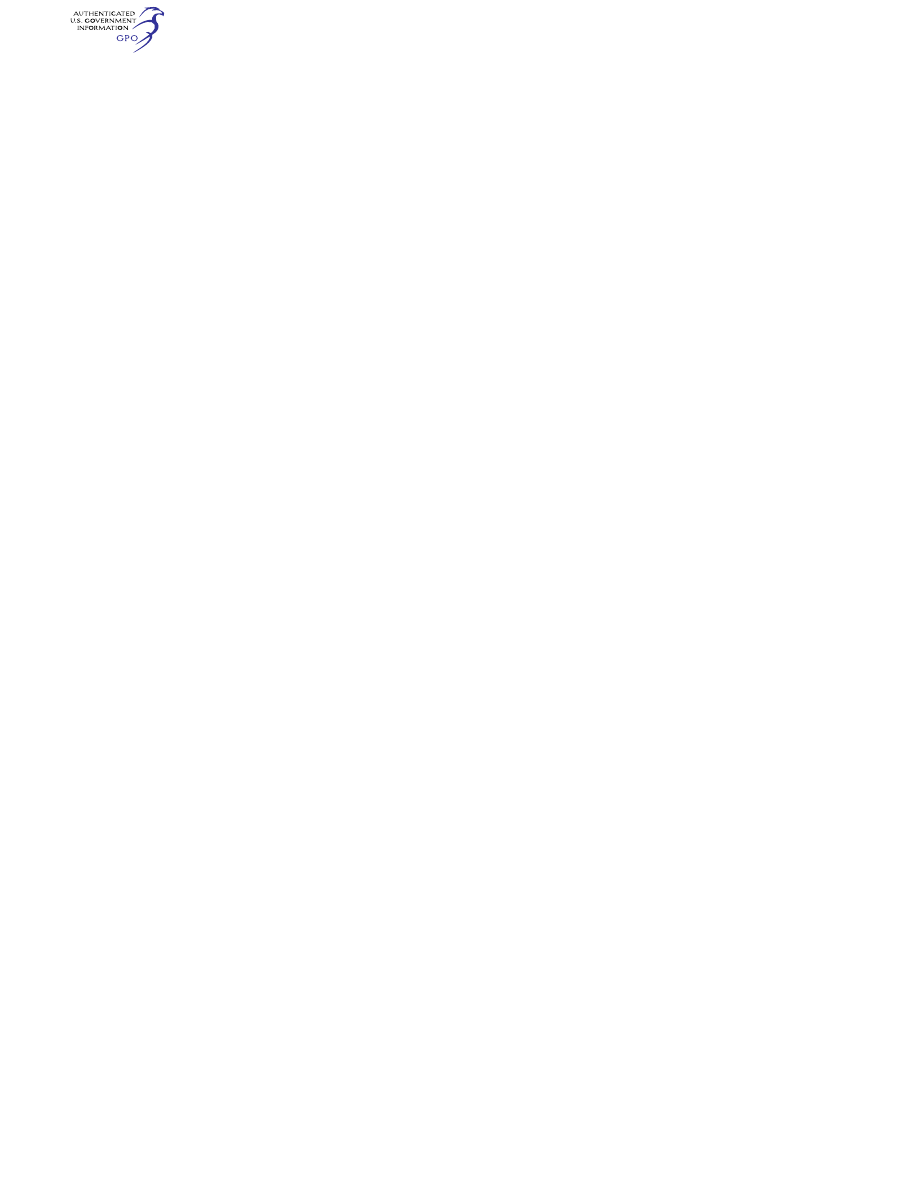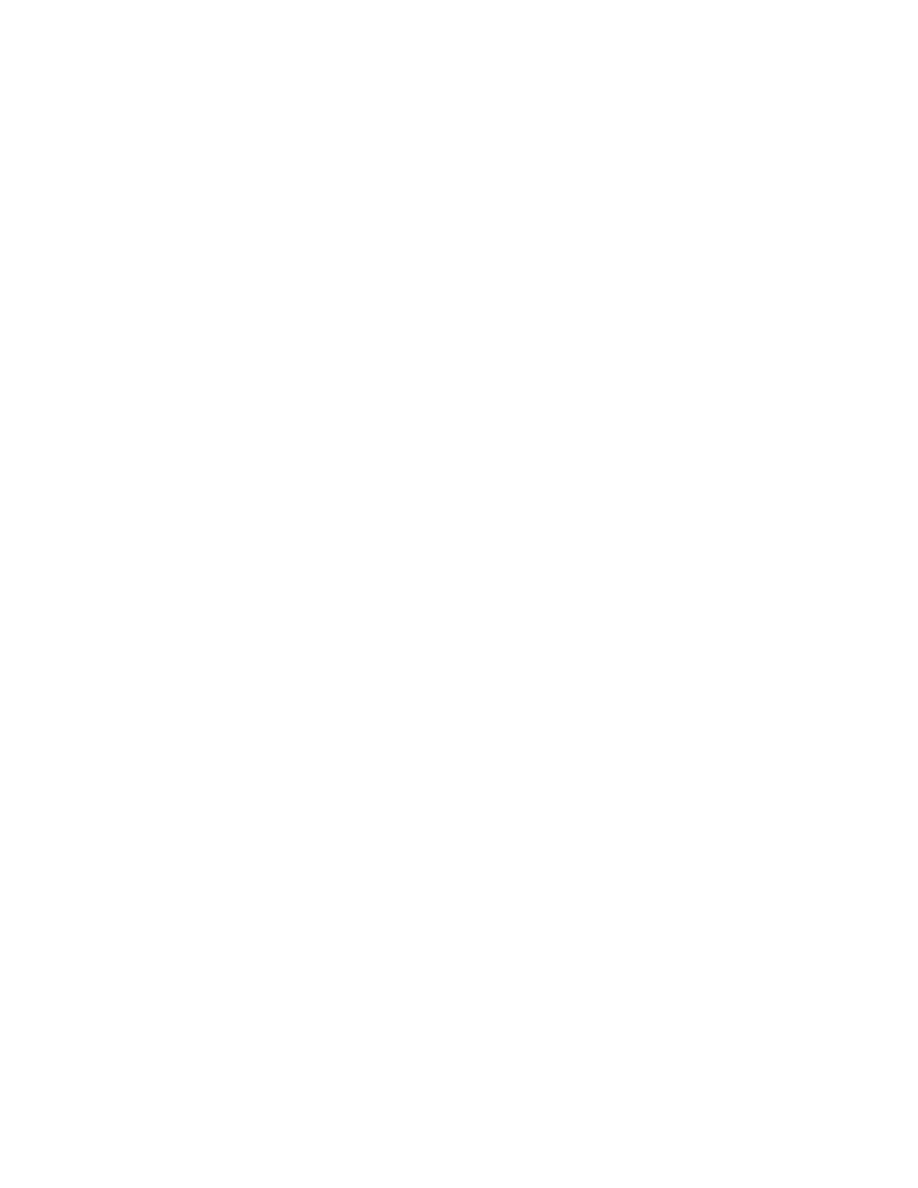
138
14 CFR Ch. I (1–1–24 Edition)
§ 21.11
§§ 21.25(a)(2) or 21.27 unless that arti-
cle—
(1) Was declared surplus by the U.S.
Armed Forces, and
(2) Was intended for use on that air-
craft model by the U.S. Armed Forces.
[Doc. No. FAA–2006–25877, Amdt. 21–92, 74 FR
53385, Oct. 16, 2009; Amdt. 21–92A, 75 FR 9095,
Mar. 1, 2010; Doc. No. FAA–2015–1621, Amdt.
21–100, 81 FR 96688, Dec. 30, 2016]
Subpart B—Type Certificates
S
OURCE
: Docket No. 5085, 29 FR 14564, Oct.
24, 1964, unless otherwise noted.
§ 21.11
Applicability.
This subpart prescribes—
(a) Procedural requirements for the
issue of type certificates for aircraft,
aircraft engines, and propellers; and
(b) Rules governing the holders of
those certificates.
§ 21.13
Eligibility.
Any interested person may apply for
a type certificate.
[Amdt. 21–25, 34 FR 14068, Sept. 5, 1969]
§ 21.15
Application for type certificate.
(a) An application for a type certifi-
cate is made on a form and in a manner
prescribed by the FAA.
(b) An application for an aircraft
type certificate must be accompanied
by a three-view drawing of that air-
craft and available preliminary basic
data.
(c) An application for an aircraft en-
gine type certificate must be accom-
panied by a description of the engine
design features, the engine operating
characteristics, and the proposed en-
gine operating limitations.
[Doc. No. 5085, 29 FR 14564, Oct. 24, 1964, as
amended by Amdt. 21–40, 39 FR 35459, Oct. 1,
1974; Amdt. 21–67, 54 FR 39291, Sept. 25, 1989;
Amdt. 21–92, 74 FR 53385, Oct. 16, 2009; Doc.
No. FAA–2018–0119, Amdt. 21–101, 83 FR 9169,
Mar. 5, 2018]
§ 21.16
Special conditions.
If the FAA finds that the airworthi-
ness regulations of this subchapter do
not contain adequate or appropriate
safety standards for an aircraft, air-
craft engine, or propeller because of a
novel or unusual design feature of the
aircraft, aircraft engine or propeller,
he prescribes special conditions and
amendments thereto for the product.
The special conditions are issued in ac-
cordance with Part 11 of this chapter
and contain such safety standards for
the aircraft, aircraft engine or pro-
peller as the FAA finds necessary to es-
tablish a level of safety equivalent to
that established in the regulations.
[Amdt. 21–19, 32 FR 17851, Dec. 13, 1967, as
amended by Amdt. 21–51, 45 FR 60170, Sept.
11, 1980]
§ 21.17
Designation of applicable regu-
lations.
(a) Except as provided in §§ 25.2, 27.2,
29.2, and in parts 26, 34, and 36 of this
subchapter, an applicant for a type cer-
tificate must show that the aircraft,
aircraft engine, or propeller concerned
meets—
(1) The applicable requirements of
this subchapter that are effective on
the date of application for that certifi-
cate unless—
(i) Otherwise specified by the FAA; or
(ii) Compliance with later effective
amendments is elected or required
under this section; and
(2) Any special conditions prescribed
by the FAA.
(b) For special classes of aircraft, in-
cluding the engines and propellers in-
stalled thereon (e.g., gliders, airships,
and other nonconventional aircraft),
for which airworthiness standards have
not been issued under this subchapter,
the applicable requirements will be the
portions of those other airworthiness
requirements contained in Parts 23, 25,
27, 29, 31, 33, and 35 found by the FAA
to be appropriate for the aircraft and
applicable to a specific type design, or
such airworthiness criteria as the FAA
may find provide an equivalent level of
safety to those parts.
(c) An application for type certifi-
cation of a transport category aircraft
is effective for 5 years and an applica-
tion for any other type certificate is ef-
fective for 3 years, unless an applicant
shows at the time of application that
his product requires a longer period of
time for design, development, and test-
ing, and the FAA approves a longer pe-
riod.
(d) In a case where a type certificate
has not been issued, or it is clear that
VerDate Sep<11>2014
09:06 Jun 28, 2024
Jkt 262046
PO 00000
Frm 00148
Fmt 8010
Sfmt 8002
Y:\SGML\262046.XXX
262046
jspears on DSK121TN23PROD with CFR
